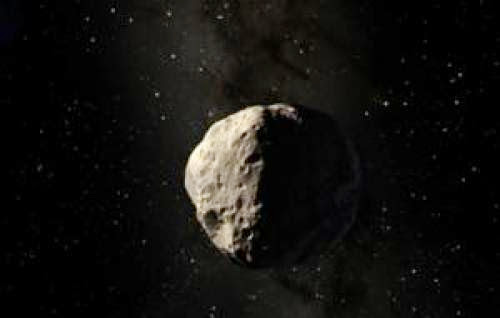The clock is ticking: in 100 days ESA astronaut Alexander Gerst will be launched to the International Space Station with NASA astronaut Reid Wiseman and cosmonaut commander Maxim Surayev. Strapped on top of 274 tonnes of rocket propellants, they will be boosted to 28000 km/h to arrive at the orbital outpost in less than seven hours. The launch will mark the start of Alexander's Blue Dot mission as part of Space Station Expedition 40/41, staying for six months on the world's only permanently staffed orbital laboratory.
Alexander has been training for his mission since 2011 after he was selected as an ESA astronaut in 2009. Based at ESA's European Astronaut Centre in Cologne, Germany, his space adventure has taken him to Canada, USA, Japan and Russia for training with robots, spacecraft, hypergravity and survival techniques.
Now Alexander invites you to follow his training and understand the life of an astronaut by reading his personal blog. Alexander explains why he needs skills in science, engineering and medicine as well as orbital mechanics, flying and Russian:
"I want to convey what it feels like to travel to space and see our Earth from a distance, appearing like a blue spaceship carrying all of us through the Universe. I invite you to come with me on this trip!"
A volcanologist by trade, Alexander is fascinated by the unknown and by exploration. He chose the theme "shaping the future" for his Blue Dot mission.
"Human spaceflight not only gives us a unique perspective to better understand the planet on which we live, but also who we are. We are a species of explorers, and we are shaping our own future."
His mission will include experiments on plasma, robotics and metals as well as educational experimentsinvolving moving soap bubbles with sound.
Alexander is the second of ESA's class of 2009 to fly into space and he will be the third German astronaut to live on the Station.
Join Alexander on his blog during the run-up to his launch in May and find out why astronauts train to "be scientists, janitors, drivers, cleaners, doctors, firefighters, engineers and guinea pigs".
Alexander has been training for his mission since 2011 after he was selected as an ESA astronaut in 2009. Based at ESA's European Astronaut Centre in Cologne, Germany, his space adventure has taken him to Canada, USA, Japan and Russia for training with robots, spacecraft, hypergravity and survival techniques.
Now Alexander invites you to follow his training and understand the life of an astronaut by reading his personal blog. Alexander explains why he needs skills in science, engineering and medicine as well as orbital mechanics, flying and Russian:
"I want to convey what it feels like to travel to space and see our Earth from a distance, appearing like a blue spaceship carrying all of us through the Universe. I invite you to come with me on this trip!"
A volcanologist by trade, Alexander is fascinated by the unknown and by exploration. He chose the theme "shaping the future" for his Blue Dot mission.
"Human spaceflight not only gives us a unique perspective to better understand the planet on which we live, but also who we are. We are a species of explorers, and we are shaping our own future."
His mission will include experiments on plasma, robotics and metals as well as educational experimentsinvolving moving soap bubbles with sound.
Alexander is the second of ESA's class of 2009 to fly into space and he will be the third German astronaut to live on the Station.
Join Alexander on his blog during the run-up to his launch in May and find out why astronauts train to "be scientists, janitors, drivers, cleaners, doctors, firefighters, engineers and guinea pigs".







